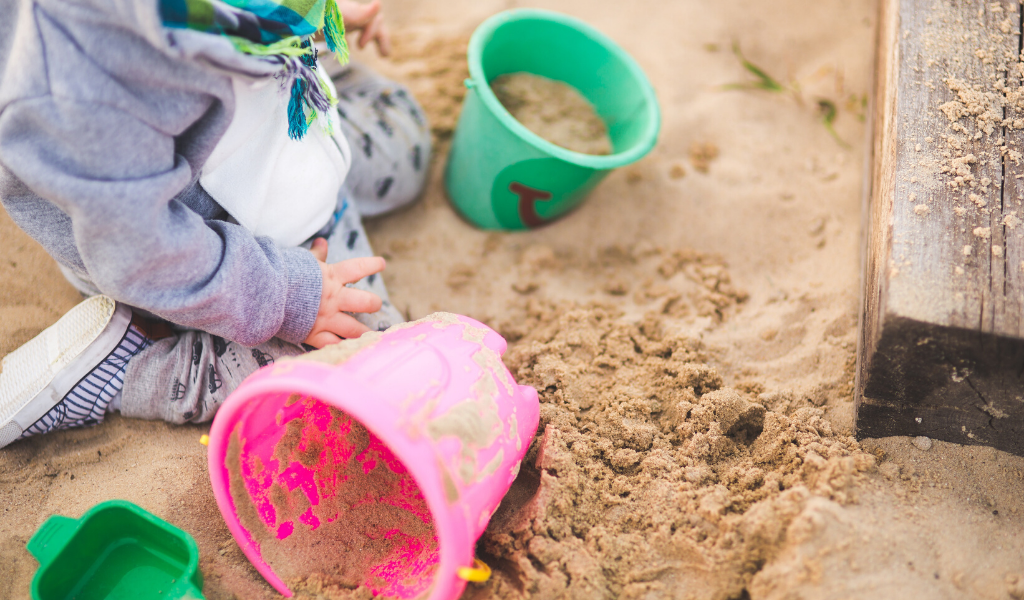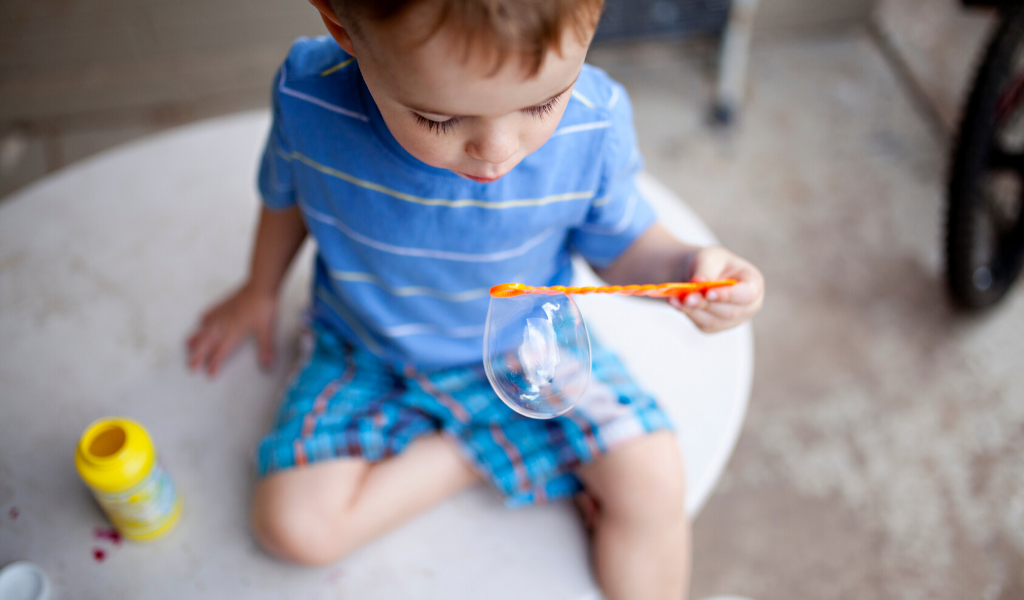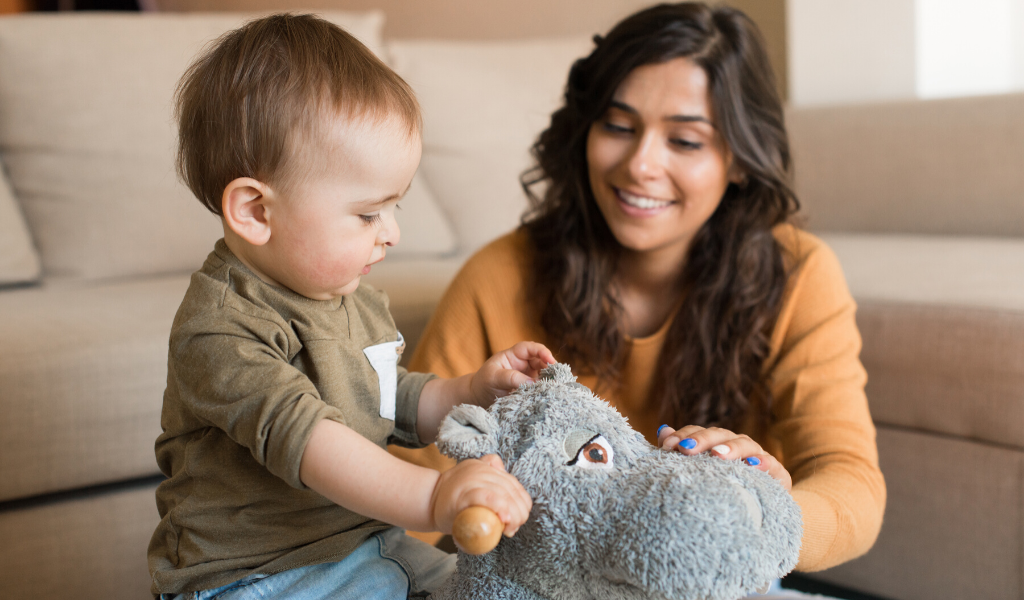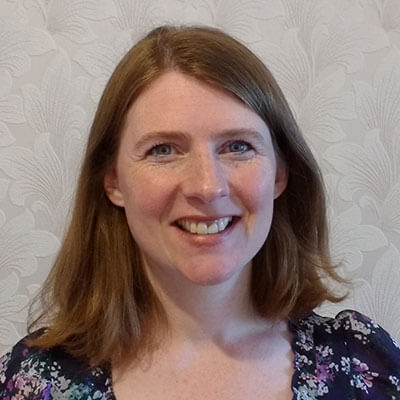Learning doesn’t just happen. It relies on the relationships that we build, the environment that we create and the atmosphere and ethos that we foster. So, in order to help young children to become good learners and to develop a positive disposition to learning, we firstly need to get to know the children well, to tap into their interests and fascinations and to interact sensitively and effectively with them. We start and end with the child in this process, linking our learning intentions with what motivates and challenges our children, as well as ensuring that the experiences are hands-on, relevant, meaningful and enjoyable.
Within the Early Years Foundation Stage, the Characteristics of Effective Learning (COEL) are a fundamental tool in understanding how children make sense of the world around them. They focus on how children learn – not what they are learning. So the emphasis is on process rather than content. There are three characteristics of effective learning identified:
For example, this is when you see a child experimenting in a mud kitchen outdoors, mixing soil and water, stirring in grass, petals or leaves. They are totally engaged and enjoying this hands-on experience.

This is seen clearly when children persevere, for example building a tower with blocks and being so proud of the end result. Sometimes young children even clap themselves when they have achieved something!
An example of this could be a child who has recently learned all about shapes and now they see shapes everywhere! They might say, “Look there’s a rectangle on that window…” or “I’ve found an oval on the back of this chair!” We do this too – our brains are constantly looking for meaning and affirmation. If you have ever bought something new, suddenly you see that everyone else has bought it too! Your brain is making links.


There are many additional ways that we can support children to develop these dispositions:
You can listen to Tamsin Grimmer explore more of these aspects in the Kinderly webinar on Understanding the Characteristics of Effective Learning
About Tamsin Grimmer

Tamsin Grimmer is an experienced early years consultant and author who has a keen interest in how young children learn and develop. When not writing or researching, Tamsin works part-time on the Primary and Early Years PGCE courses at Bath Spa University and is the early years director for Linden Learning. Her previous roles have included Early Years Consultant for two local authorities, Area SENCo, teacher, Mentor for EYP and EYT and outstanding childminder.